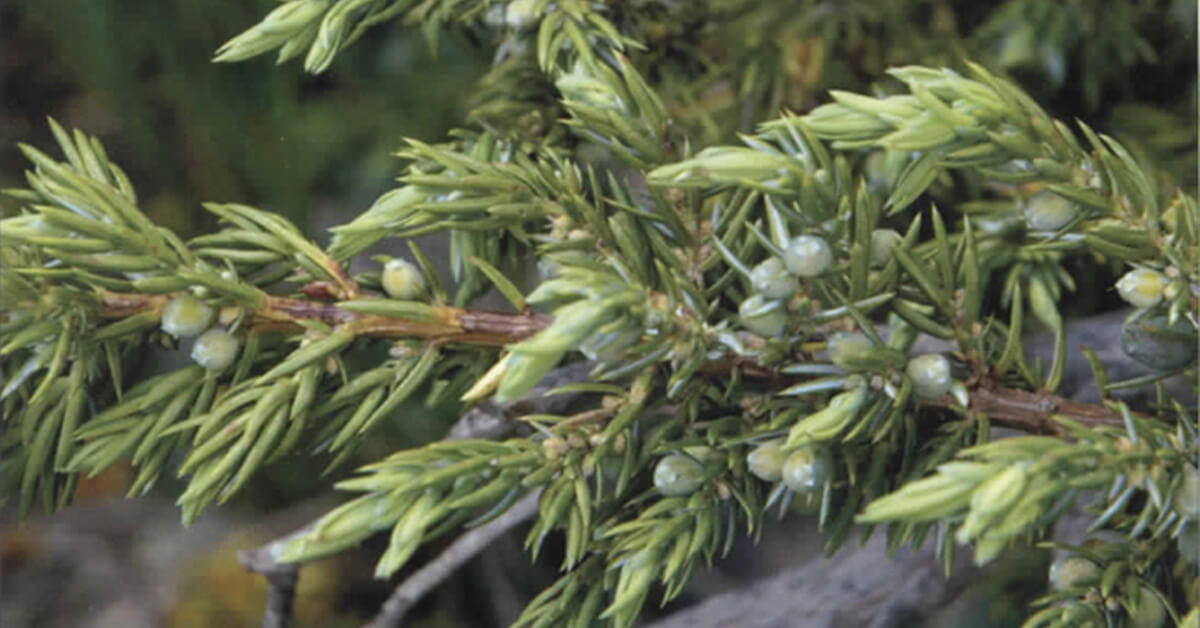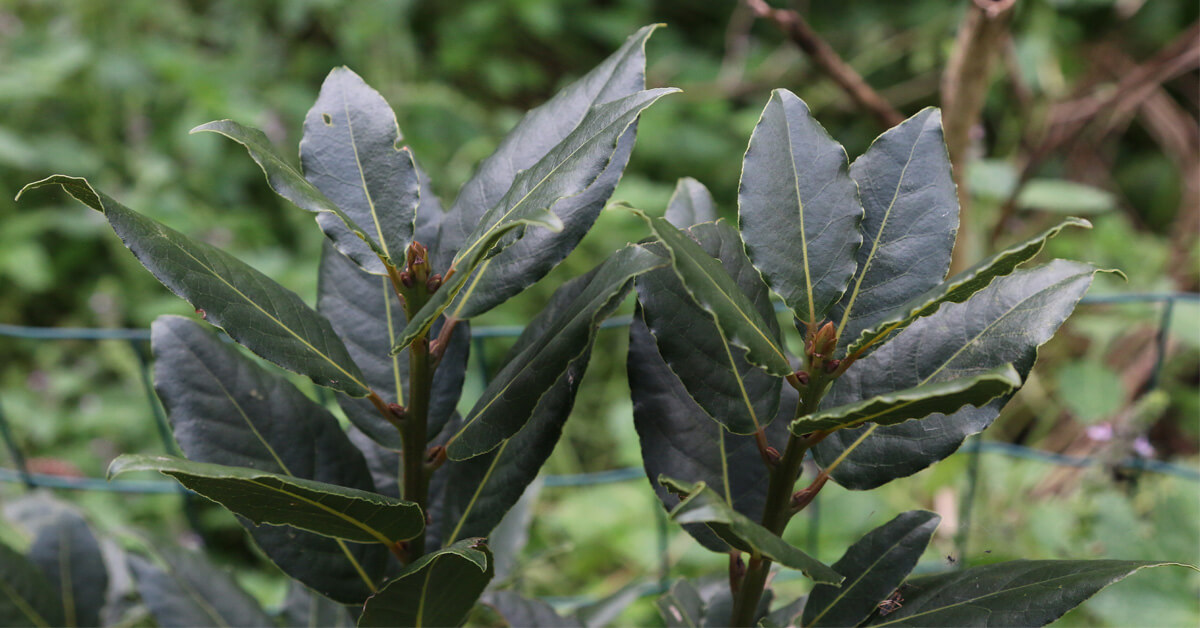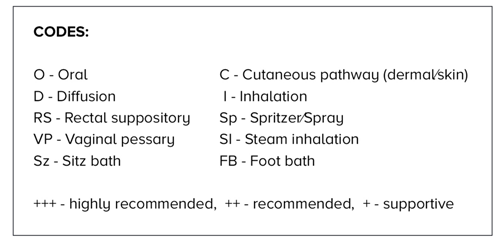Aromatherapy
Glossary of Terms for Therapeutic Actions of Essential Oils
Throughout your studies of essential oils you will be learning some new terms (or perhaps familiar terms) in relation to the therapeutic actions of each essential oil. The following dictionary covers the therapeutic actions associated with essential oils. It may be a good idea to print out the Glossary so you have as a quick reference.
| Term | Definition |
|---|---|
| Analgesic: | an essential oil that relieves or reduces pain |
| Anesthetic: | an essential oil that causes loss of feeling or sensation |
| Anti-allergenic: | an essential oil that reduces symptoms of allergy |
| Anti-asthmatic: | an essential oil that relieves the symptoms of asthma |
| Antibacterial: | an essential oil that destroys bacteria |
| Anti-cholinesterase: | an essential oil that inhibits the cholinesterase enzyme from breaking down Ach (Acetylcholine), increasing both the level and duration of the neurotransmitter action |
| Anticoagulant: | an essential oil that prevents blood from clotting |
| Anticonvulsive: | an essential oil that prevents or reduces seizures |
| Antidepressant: | an essential oil that relieves depression |
| Antidiuretic: | an essential oil that reduces the amount of water your body eliminates |
| Antiemetic: | an essential oil that prevents vomiting |
| Antifungal: | an essential oil that destroys or inhibits fungal growth |
| Antihistamine: | an essential oil used to relieve symptoms of allergies, such as hay fever, hives, conjunctivitis, and reactions to insect bites or stings. |
| Anti-inflammatory: | an essential oil that soothes and reduces inflammations |
| Antimicrobial: | an essential oil that destroys or resists pathogenic microorganisms |
| Antioxidant: | an essential oil that can prevent cell damage from the destructive elements of free radicals |
| Antiperspirant: | an essential oil that reduces excessive sweating |
| Antirheumatic: | an essential oil that helps to relieve the symptoms of rheumatism |
| Antiseptic: | an essential oil that destroys or prevents the growth of microbes |
| Antispasmodic: | an essential oil that relieves smooth/ skeletal muscle spasms |
| Antisudorific: | an essential oil that prevents sweating |
| Antitussive: | an essential oil that helps to relieve coughs |
| Antiviral: | an essential oil that inhibits growth of a virus |
| Anxiolytic: | an essential oil that can reduce anxiety |
| Aperitive: | an essential oil that stimulates the appetite |
| Aphrodisiac: | an essential oil that increases sexual stimulation and excitement |
| Astringent: | an essential oil that causes cells to shrink; contracts, tightens, and binds tissues |
| Balsamic: | an essential oil that soothes the lungs |
| Bronchodilator: | an essential oil that causes widening of the air passages by relaxing bronchial muscles |
| Carminative: | an essential oil that relieves flatulence or excess gas in the stomach |
| Cephalic: | an essential oil that clears the mind, relating to the head |
| Cytophylactic: | an essential oil that supports cellular regeneration |
| Decongestant: | an essential oil that reduces or relieves nasal congestion |
| Deodorant: | an essential oil that reduces or removes unpleasant body odor |
| Depurative: | an essential oil that purifies the blood |
| Detoxifier: | an essential oil that enhances the removal of toxic substances from the body |
| Diaphoretic: | an essential oil that causes an increase in sweating |
| Digestive: | an essential oil that aids digestion, tonic |
| Disinfectant: | an essential oil that destroys or removes bacteria and other microorganisms |
| Diuretic: | an essential oil that increases the flow of urine |
| Emmenagogue: | an essential oil that promotes and helps regulate menstruation |
| Emollient: | an essential oil that softens and soothes the skin, e.g., oils and fats |
| Estrogenic: | an essential oil that may act similar to estrogen |
| Euphoric: | an essential oil that induces a feeling of happiness, well-being |
| Expectorant: | an essential oil that aids the removal of phlegm or mucus |
| Febrifuge: | an essential oil that reduces or prevents fever; cools body temperature |
| Galactogogue: | an essential oil that stimulates the flow of milk or increases milk flow |
| Hypertensive: | an essential oil that raises blood pressure |
| Hypotensive: | an essential oil that lowers blood pressure |
| Immune enhancer: | an essential oil that enhances immunity, either by stimulating the immune system or by destroying microbes |
| Insecticide: | an essential oil that kills or wards off insects and other threats |
| Mucolytic: | an essential oil that dissolves mucus or breaks down mucus; used to treat chest conditions involving excessive or thickened mucus secretions |
| Muscle relaxant: | an essential oil that relaxes the muscles |
| Nervine: | an essential oil that relaxes the nervous system; can reduce nervous disorders |
| Neuroprotective: | an essential oil that protects the central nervous system (CNS) against injury due to both acute (e.g., trauma or stroke) and chronic neurodegenerative disorders. |
| Parturient: | an essential oil that helps to ease delivery in childbirth |
| Restorative: | an essential oil that strengthens and revives the body systems |
| Rubefacient: | an essential oil that increases cutaneous blood flow to a local area; causes reddening and warming of the skin |
| Sedative: | an essential oil that has a calming effect, relieving anxiety and tension |
| Spasmolytic (syn. antispasmodic): | an essential oil that can prevent or ease spasms or cramps in the muscles of the body |
| Stimulant: | an essential oil that increases body or organ function and activity |
| Stomachic: | digestive aid and tonic, improving appetite |
| Styptic: | an essential oil that helps control bleeding |
| Sudorific: | an essential oil that causes sweating |
| Tonic: | improves bodily performance |
| Uterine relaxant: | an essential oil that relaxes the uterus |
| Vasoconstrictor: | an essential oil that decreases blood flow by narrowing the blood vessels |
| Vermifuge: | an essential oil that expels worms from the intestines |
| Vulnerary: | an essential oil that promotes wound healing, particularly skin wounds |


